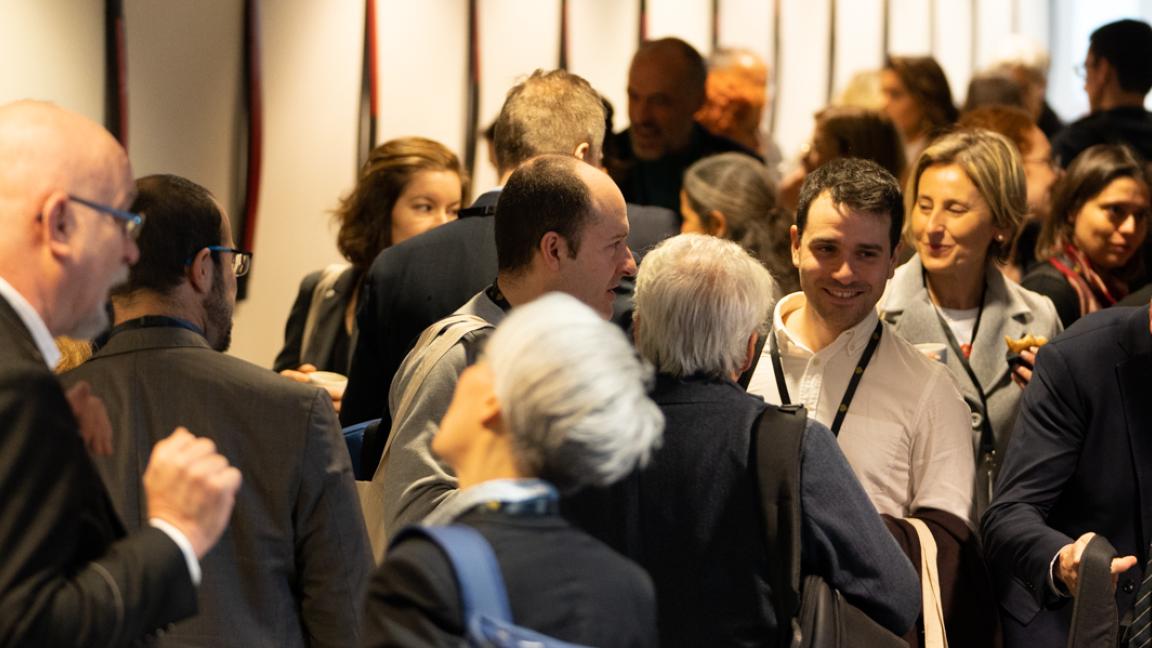Flexible study paths across borders – the EUNICE network is shaping the future of European higher education
The EU wants to improve the attractiveness and competitiveness of European higher education globally through the cooperation of cross-border higher education networks. The goal is that in the future, students will be able to personalise their studies in a more flexible way by building their degree from different universities.
– It is important that we are leading the way for the future of higher education in Europe. We want to make our education available to a greater public. We can create solutions to global challenges only through strong cooperation, says Minna Martikainen, Rector of the University of Vaasa.
The University of Vaasa is part of the EUNICE European University of Customised Education, which was established in 2019. It includes higher education institutions from ten European countries. The network's activities include a wide range of educational and research cooperation, based on regional impact, innovation and social sustainability.
– Together, we can provide businesses and students in our regions with more international learning opportunities. For our students, this means, among other things, multidisciplinary studies that will help them tackle the challenges of a changing world in the future, says Martikainen.
Wider and deeper cooperation to support seamless mobility
The EUNICE network has provided international opportunities for both students and staff, including high-quality online learning opportunities in the EUNICE virtual campus. Topics of the joint courses include sustainable economy, engineering, information technology, smart city planning, and language studies in the network's national languages.
– High-quality digital solutions will shorten distances and make it easier than ever to gain international experience during your studies. In addition to virtual encounters, face-to-face encounters are also needed, says Martikainen.
EUNICE also promotes physical mobility. Flexible international experiences are offered, for example, multimodal courses that include online learning and a visit to a partner university. The EUNICE Contamination Lab will be organised along the same lines – students from partner universities will develop ideas together in online workshops during the spring. The best teams will be invited to continue working on their ideas in Catania, Italy, in the summer.
The EUNICE internship portal is also available, with more than 200 internships already available across Europe.
The network will continue to develop cooperation models so that the collaboration will be an ever more integral part of the member universities’ activities. New forms of cooperation are being developed in the fields of joint degrees, research and innovation. The network has also moved closer together administratively through the creation of an international non-profit association.
EUNICE European University of Customised Education
The network is made up of:
- University of Vaasa, Finland
- Brandenburg University of Technology Cottbus-Senftenberg, Germany
- University of Cantabria, Spain
- University of Catania, Italy
- University of Mons, Belgium
- Université Polytechnique Hauts-de-France, France
- Poznan University of Technology, Poland
- Polytechnic Institute of Viseu, portugal
- University of Peloponnese, Greece
- Karlstad University, Sweden
EUNICE is one of 44 university networks participating in the European Commission's European University Initiative. The network received Erasmus+ funding from the Commission in 2020 for three years and has now applied for new funding to extend and deepen cooperation.
